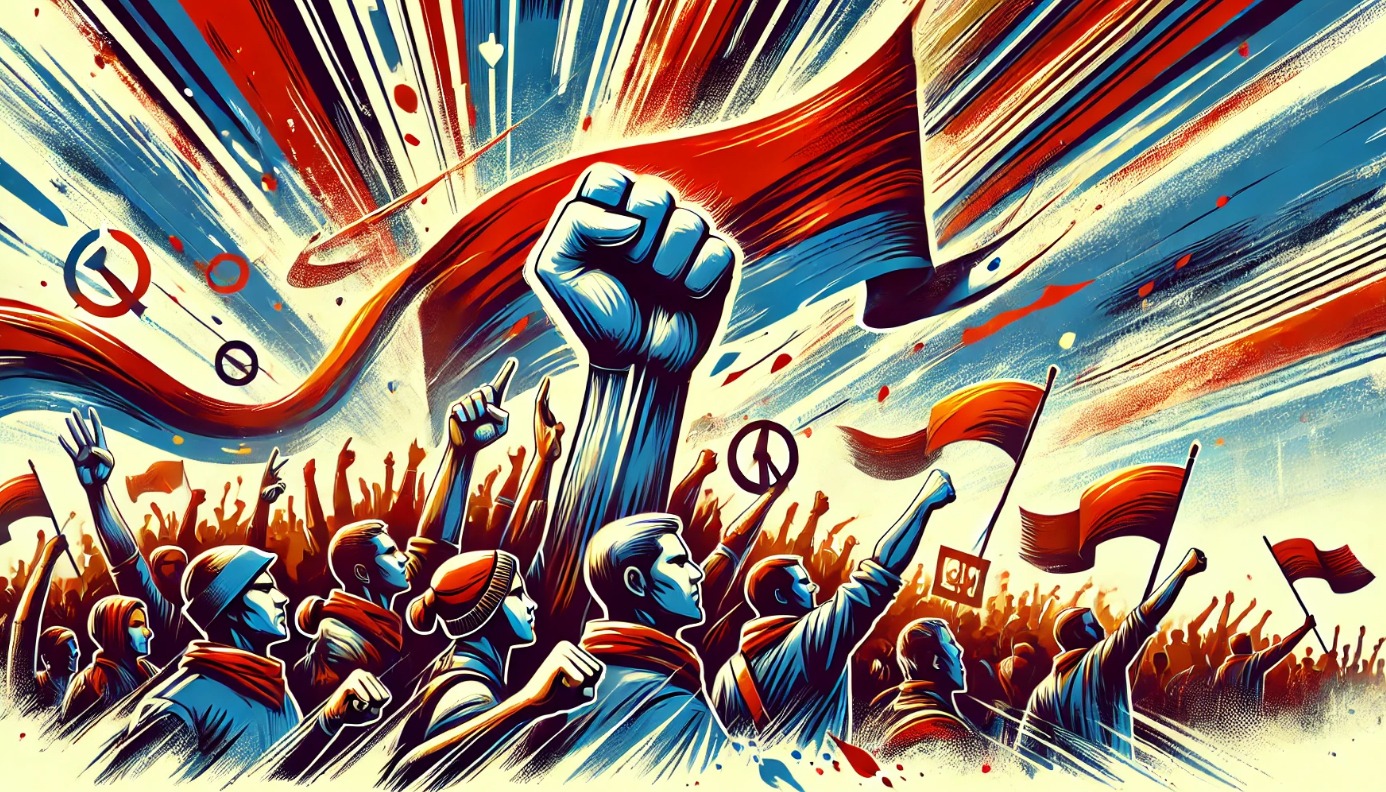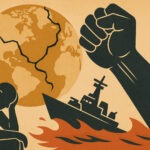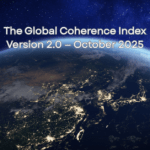“The more dubious and uncertain an instrument of violence has become in international relations, the more it has gained in reputation and appeal in domestic affairs, specifically in the matter of revolution.”
Hannah Arendt
Who was Hannah Arendt?
Hannah Arendt was a renowned political theorist, philosopher, and author, known for her profound analyses of totalitarianism, authority, and the nature of power. Born in 1906 in Germany, Arendt fled to the United States during World War II, where she continued her academic and writing career. Her seminal works, including “The Origins of Totalitarianism” and “On Violence,” offer deep insights into the dynamics of power, revolution, and the use of violence in both international and domestic contexts.
Analysis of Arendt’s Quote
“The more dubious and uncertain an instrument of violence has become in international relations, the more it has gained in reputation and appeal in domestic affairs, specifically in the matter of revolution.” This quote by Hannah Arendt highlights the shifting perceptions of violence in different spheres of power. From a Neorealist perspective, this shift can be analyzed in the context of the changing efficacy and consequences of violence as a tool in international and domestic arenas.
Neorealism asserts that the international system is anarchic and that states must navigate this anarchy to ensure their survival. States operate under a constant security dilemma, where the actions taken to secure oneself can threaten others, leading to a cycle of tension and potential conflict. Neorealists focus on the distribution of power in the international system and how states leverage their capabilities to maintain or alter the balance of power.
Violence in International Relations
In the realm of international relations, violence—or the threat of violence—has historically been a key instrument for states to achieve their objectives. However, in the modern era, the effectiveness of violence as a tool has become increasingly dubious and uncertain. This uncertainty stems from several factors, including the rise of nuclear weapons, the consequences of asymmetric warfare, and the increasing costs associated with military conflicts.
Nuclear Deterrence and Uncertainty
Nuclear deterrence is a prime example of how the utility of violence in international relations has become questionable. The advent of nuclear weapons has created a situation where full-scale war between major powers is less likely due to the mutually assured destruction (MAD) that such conflicts would entail. This has led to a strategic environment where the use of violence is highly constrained by the potential for catastrophic consequences, thus making it a dubious instrument in achieving strategic goals.
Asymmetric Warfare
Furthermore, the rise of asymmetric warfare—conflicts where smaller, less powerful groups can effectively challenge larger state actors through unconventional means—has added to the uncertainty. Traditional military might does not guarantee success in these conflicts, as seen in the protracted wars in Vietnam, Afghanistan, and Iraq. This inefficacy of conventional military power in asymmetric contexts further underscores the dubious nature of violence as a tool in international relations.
Domestic Appeal of Violence
Arendt’s observation that violence has gained reputation and appeal in domestic affairs, specifically in revolutions, aligns with the Neorealist view of power dynamics. As violence becomes less viable on the international stage, it finds a new arena in domestic settings where state power is more directly challenged by non-state actors.
Revolutionary movements often arise from domestic grievances, where the state’s inability or unwillingness to address economic, social, or political issues leads to unrest. In such contexts, violence can become a potent instrument for non-state actors to assert power and challenge the status quo. The appeal of violence in domestic affairs is heightened by the relative lack of effective deterrence compared to the international arena, making it a more attractive option for those seeking radical change.
References by ChatGPT
Arendt, H. (1970). On Violence. Harcourt, Brace & World.
Waltz, K. N. (1979). Theory of International Politics. Addison-Wesley.
Mearsheimer, J. J. (2001). The Tragedy of Great Power Politics. W.W. Norton & Company.
Human References:
- ChatGPT. (n.d.). OpenAI. https://chat.openai.com/#
- The Editors of Encyclopaedia Britannica. (2024a, mayo 31). Hannah Arendt | Political Theory, Philosophy & Biography. Encyclopedia Britannica. https://www.britannica.com/biography/Hannah-Arendt
- International Association for Political Science Students. (2020, 26 octubre). John Mearsheimer explains neorealism [Vídeo]. YouTube. https://www.youtube.com/watch?v=m8WJP7gD3cQ









No responses yet